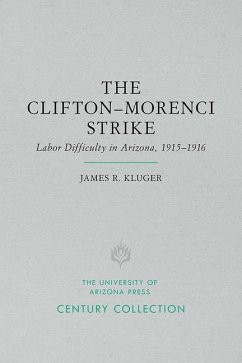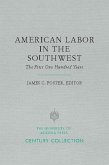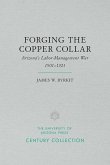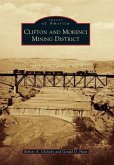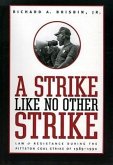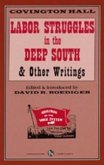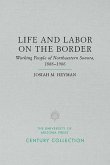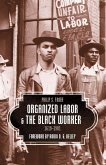The strike that paralyzed the mining camps of Clifton and Morenci during 1915-16 and gained nationwide attention was one of the most remarkable that ever occurred in the West. During an era when physical violence, death, and property destruction were almost accepted elements of Western labor difficulties, this walkout was peaceful. With few exceptions, law and order continually predominated. This, then, is the seldom-seen side, a positive side, to a state's labor history. Coming at a time when western labor was purging itself of radicalism and recharting its goals, the Clifton-Morenci strike may well have been that "milestone" in organized labor's groping for recognition in the West. Violence did not erupt--this notable absence of bloodshed thereby making the strike unique in that time of industrial turbulence. Kluger's answer to the question of why and how peace prevailed is significant reading. Strikers and managers hurled charges at each other, but both sides showed restraint when it came to action. When negotiations reached an impasse, Governor George W. P. Hunt moved to prevent the managers from importing strike-breakers. At the same time, the Department of Labor entered the situation, and the rise in copper prices and loss of wages made a settlement desirable for both sides. When the mine whistles blew on January 26, 1916, to signal the end of the strike, the repercussions of the events of 1915 were still to be felt. Author Kluger traces how the strike affected working conditions, wages, and the cause of unionism in the district. Overall, he provides insight into feelings concerning the fears of management regarding unionism, and labor's manner of making itself heard during these years. Western historians, labor historians, and all those concerned with labor relations will recognize the importance of this highly readable work.
Hinweis: Dieser Artikel kann nur an eine deutsche Lieferadresse ausgeliefert werden.
Hinweis: Dieser Artikel kann nur an eine deutsche Lieferadresse ausgeliefert werden.

